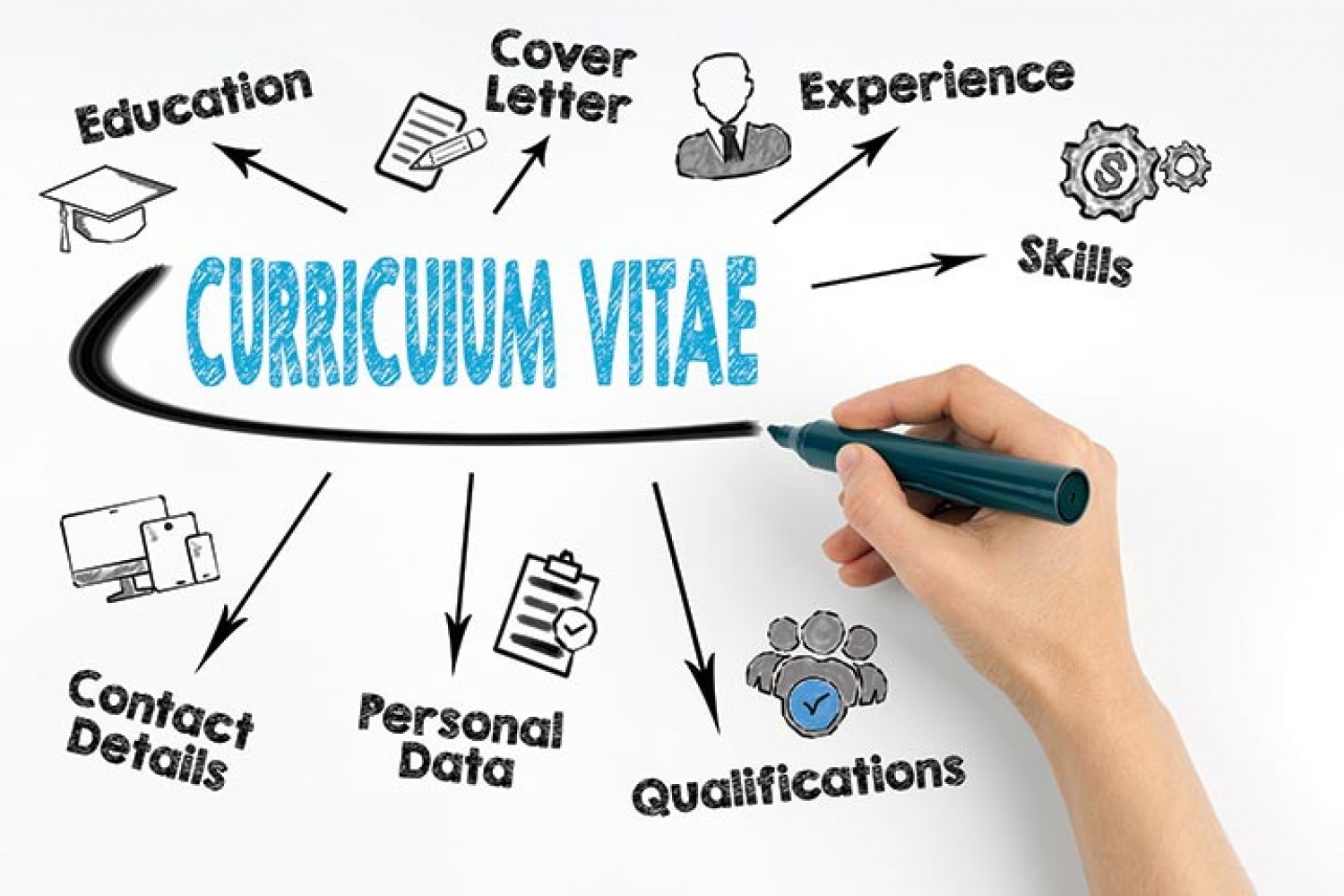Resume Writing Basics Fundamentals
- Curriculum Vitae (CV) is the primary medium of presenting yourself as a candidate for a job to a prospective employer.
- But many of the job seekers do not give proper attention and care in preparing their CVs accurately.
- As a result, many potential job seekers do not get calls for job interviews to get the opportunity to present and prove their potential.
Attention should be given to the following matters before preparing your CV:
- Generally an employer does not give more than 30 seconds time in looking at a CV briefly. So a CV should be precise and clear. Unnecessary and irrelevant information should be avoided.
- A CV of a fresher or an inexperienced candidate should not be over one or two pages.
- Your CV is the way to promote yourself. Therefore, it should be attractive. But color papers or color print should not be used for this purpose. In case of highlighting any information, you can Bold, italicize or underline it.
- Remember that any type of grammatical or spelling mistake in your CV will create a negative impact in the mind of the employer. It will give the impression that you cannot do any work correctly. So after preparing your CV, read it intensely and let it checked by somebody who knows correct English.
- When applying for a particular job announcement, try to customize your CV according to the job requirements. You need to read the job announcement carefully and make some research on it. For example, if you know the information that the employer can locate the job anywhere in Bangladesh, you may mention the places you have visited and stayed in Bangladesh. Again, when the employer is looking for an Organizer, you can mention the organizing activities you have done in your student life. It will create an additional value in your CV.
- It is very important that you should give true and correct information in your CV. You should not give any information that can appear as false the job interview.
Different Parts of a CV:
The following information is to be presented in a CV in an organized way:
- Title
- Career Summary – mostly applicable for the experienced persons.
- Career objective – mostly applicable for the fresh applicants.
- Experience
- Education
- Additional Information
- Personal Information
- Reference
1. Title
Your name will come first in the title. It should be in 'bold' format and in a larger font (avoid using your nick name). Then write your address (your present address where you can receive mails by post), phone number and email address. This portion will be on the center of the page to draw the attention.
2. Career Summary
This is mostly applicable for the persons having experience more than 4-5 years. State the sectors of your experience in maximum 6 to 7 lines. State in short the achievements of your career (if any).
3. Career Objective
This section is generally applicable for the fresh candidates or the candidates with little experience (1- 2 years). Mention the immediate goal of your career in this part. Also mention how your experience and potential match with the position you are applying for. Bring up your positive skills for the position. It is important to write your career objective according to the criteria mentioned in the job announcement. Give emphasis on the ways you can make contribution for the company and what is your expectation from the company.
4. Experience
For the experienced candidates, this section should come before the 'Educational Qualification' section. Things that you should mention in your experience details are as follows:
• Organization name
• Designation
• Time Period – From & To
• Job Responsibility
• Special Achievement
If you have working experience in different positions in a same organization, mention it in different phases. State your most recent experience first and then mention one by one your other experiences in the Resume following Chronological Order which is to end with your first experience. It is better not to mention experience of short and insignificant experience. Try not to have long gap of time between the jobs.
5. Education & Training
• Education & training part should come before experience part for a fresher. You will mention your degrees in education part with the following information.
• Name of degree (Such as SSC, HSC, B.Com)
• Duration of course
• Name of institutions and board.
• Year of Examination and date of publishing result (if necessary),
• Result and achievement (if any)
You should mention your most recent degree first like your experience part, then mention the other degrees by turn. Remember that you should mention 'appeared' if the final result is not yet published. Please mention 'ongoing' if you are continuing any program. You need not to mention the result of any degree if any of the result is a very poor one. Remember that, it looks odd if you mention the result of one degree and avoid another. If you participate in any particular training program that supports your work experience, you should mention it. Mention the training institution, topic and duration of training. You can place the list of training right after the education part.
6. Additional Information
The information that does not fall in the above mentioned parts but is related with the job must be shown in this part. For example:
• Professional Achievement
• Award
• Language Proficiency
• Computer skills
• License, government identity, publications and authorization.
• Voluntary work etc.
7. Personal information
You can mention your parent's name, present and permanent address, religion, travelling places (Country) if any, hobby etc. in this section. Reference - You should not mention the name of any close relative as referee in reference part. Referees should be the persons who have seen you closely in your student life or working life. You must mention the phone number, address and e-mail (if any) of your referee. It is better to mention two or three persons as referees. It is important to inform your referee that you have mentioned his name as referee in your CV.
Tips for Creating an Effective Resume
When an employer looks at your resume, you've got about 30 seconds to make a good impression. That's the average amount of time most employers spend reading a resume. To capture the reader's attention, you need to be clear and to-the-point. And, that's not all. Keep in mind the following guidelines to create an effective resume:
- Be Concise and Omit Irrelevant Information
- Don't Forget Your Objective
- Write a Powerful Opening Statement
- Use Industry Jargon
- Customize It: Focus on Your Benefit to Employers
- Include Keywords
- Use Action-Benefit statements: Avoid Boring List of Job Responsibilities
- Quantify Your Achievements
- Use Action Verbs
- Be Professional, Not Personal
- Personal Traits
- Keep a Positive Tone
- Be Honest.
- Be Organized and Logical
Caution Note: These are probable Resume Writing basic fundamentals.




